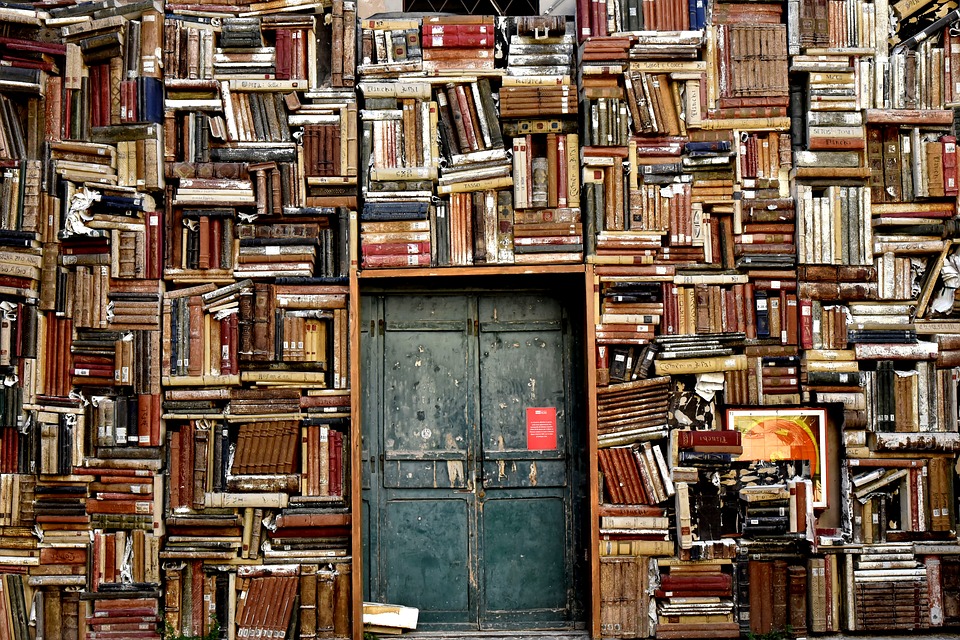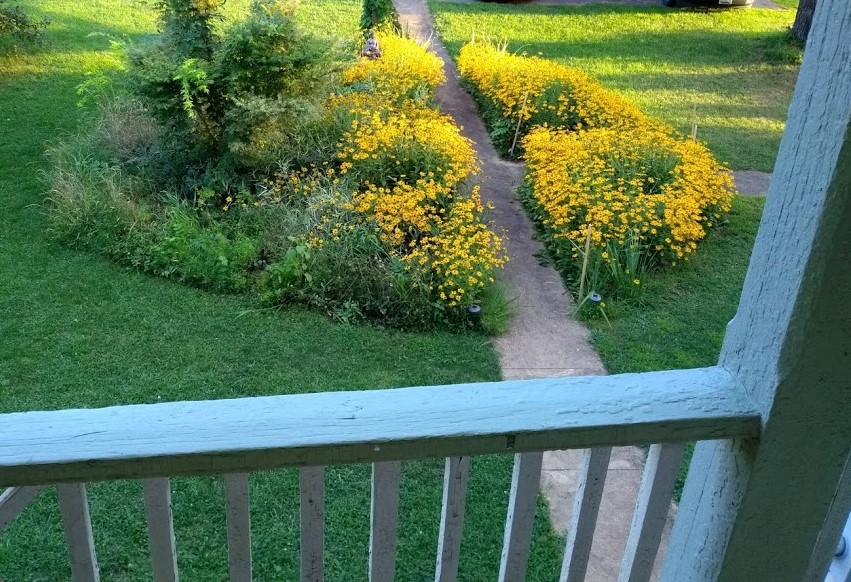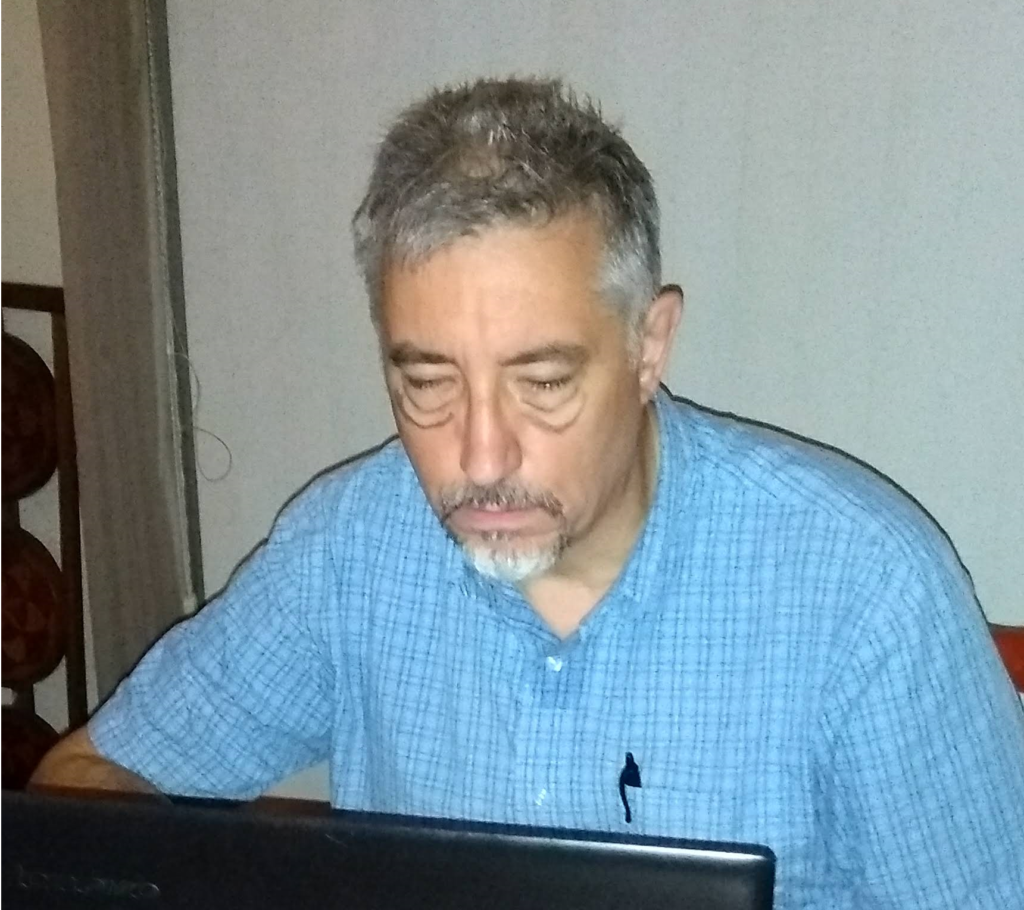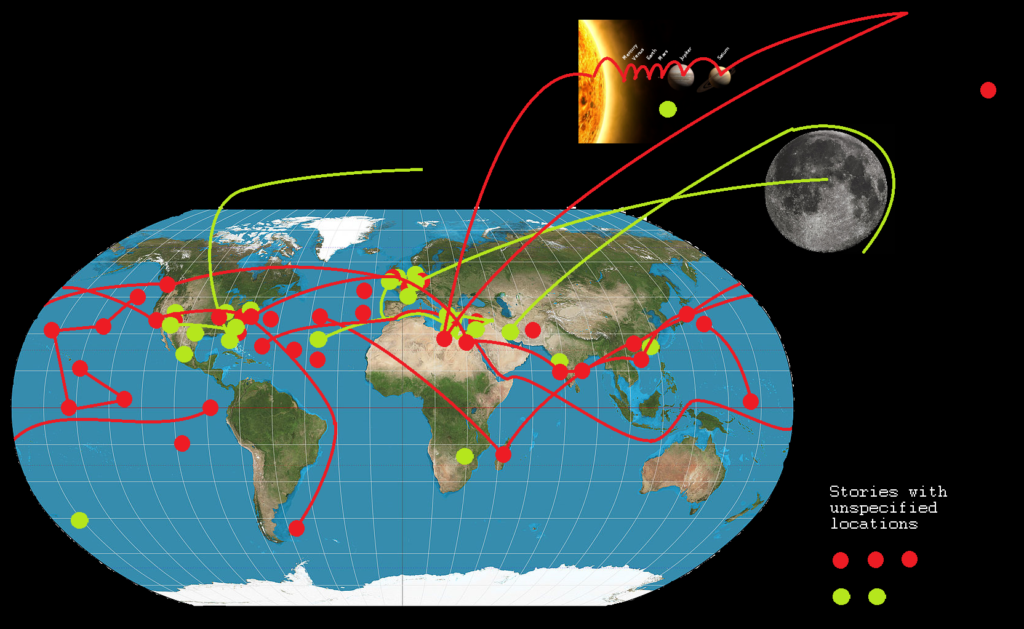Is your place crammed with boxes and bins, your closet overflowing with junk, your bookshelf sagging under too many books, your table piled with stuff? It’s time you de-cluttered using the KonMari method of Marie Kondo. Your living space will be pristine and sparking joy in less time than—
Hold on, there, Captain Shipshape. Did you say bookshelf? Loaded with too many books? There ain’t no such thing as ‘too many books.’ The universe sheds a tear whenever those three words appear in that order.

While you’re busy disposing of joyless junk and about to trash that book in your hand, let me tell you something about books. Books magically transport you to a different place and time. Books mysteriously relocate you into someone else’s mind. Those marvelous vehicles of paper, ink, cardboard and glue convey you in comfort to distant lands. They leave you inspired, horrified, downhearted, fuming, or ecstatic.
And you were about to take that mystical, wonderful book and dispose of it? Listen up, O Knight of Neatness, there’s an escape clause in the Rules of Organizing, an allowed exception to KonMari, and it’s this: books aren’t clutter.
I mean no disrespect toward Ms. Kondo. I like a tidy place. But books get a waiver, a pass, and a permanent exemption from all Decrees of Decluttering. By definition, books spark joy. They are cheap, compact, life-long joy-sparking machines.
Inspired by this article in Independent, I’m here to tell you there ought to be books in every room of your place. No matter where they are, they’re never out of place.
You finally got your son to clean up his room? Well, almost. Some of his books didn’t make it to the shelf? That’s okay. His room now counts as clean.
Company is coming over, so you dusted and scrubbed until everything’s perfect? Oops. You left an opened book on that coffee table, and a couple more on the arm of your couch. Who cares? That room is now ready for visitors.
This isn’t about impressing others. It’s not some contest about personal library size or literary sophistication. Who cares what others think? It’s about the joy your books spark in you.
So, by all means, toss the trash, eject the joyless, rid your place of rubbish. Transform your pad into a shining Shinto-inspired shrine of order. But leave the books alone, especially—oh, most especially—those written by—
Poseidon’s Scribe



